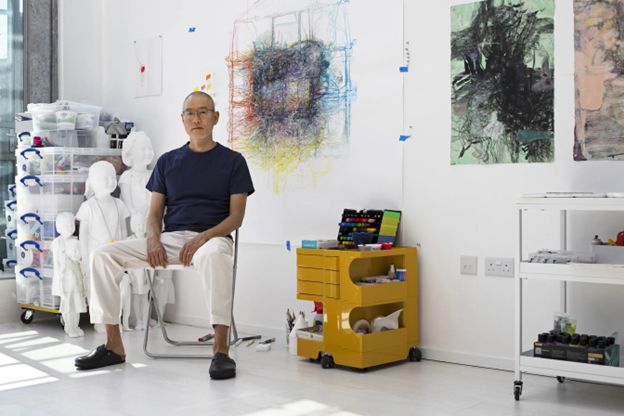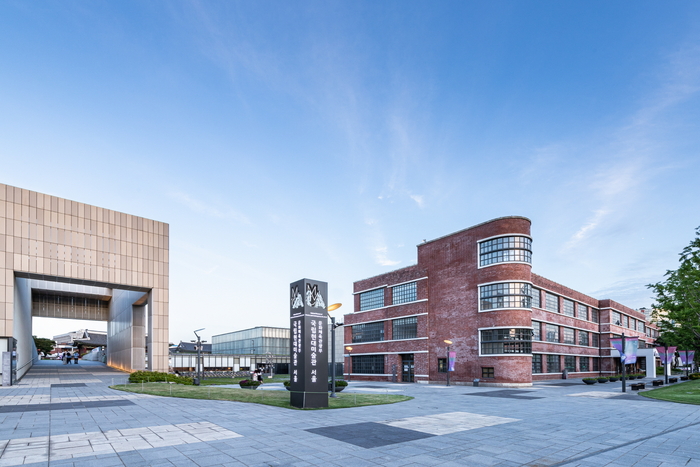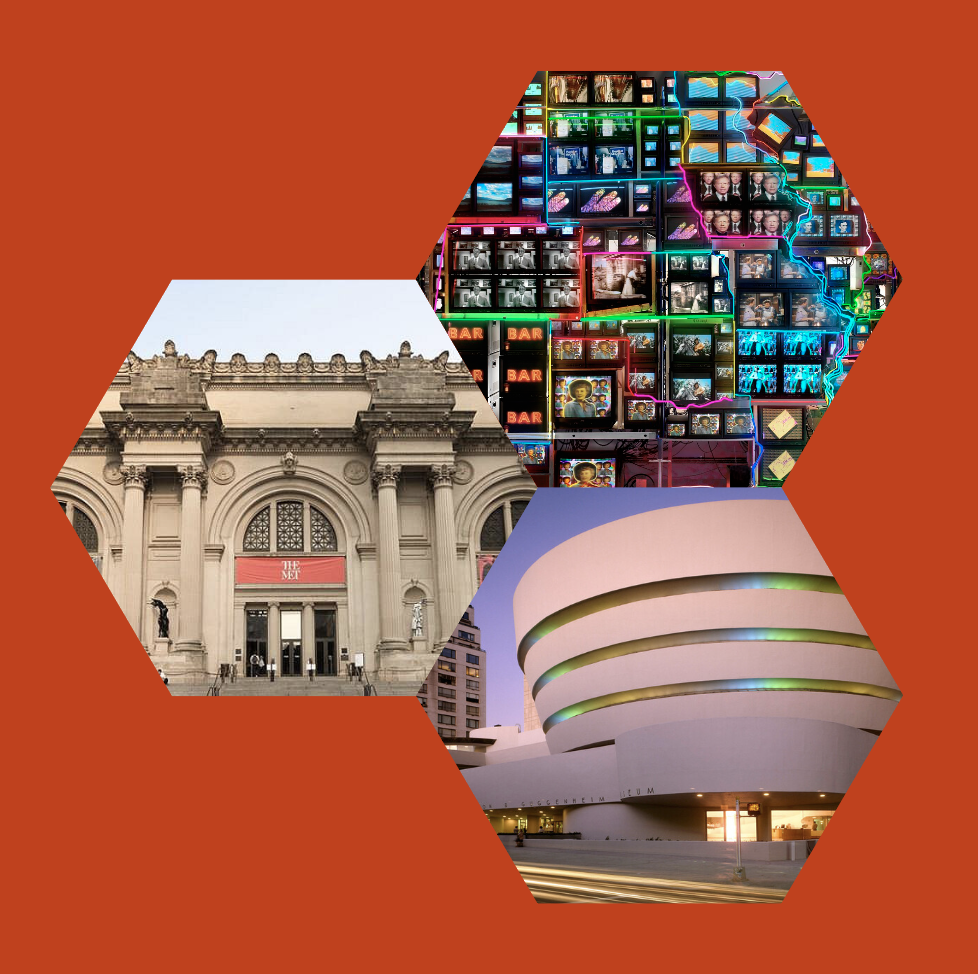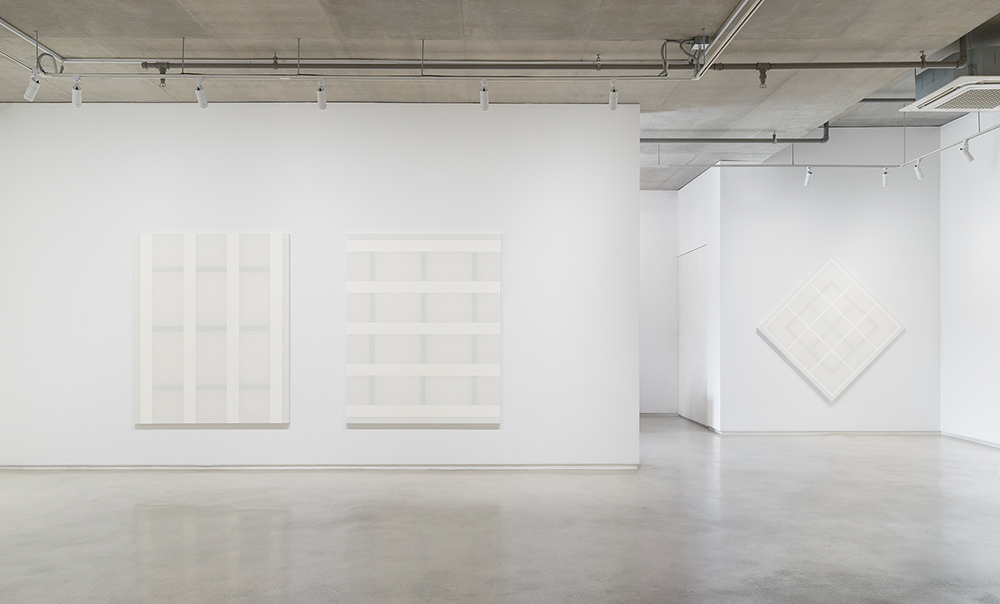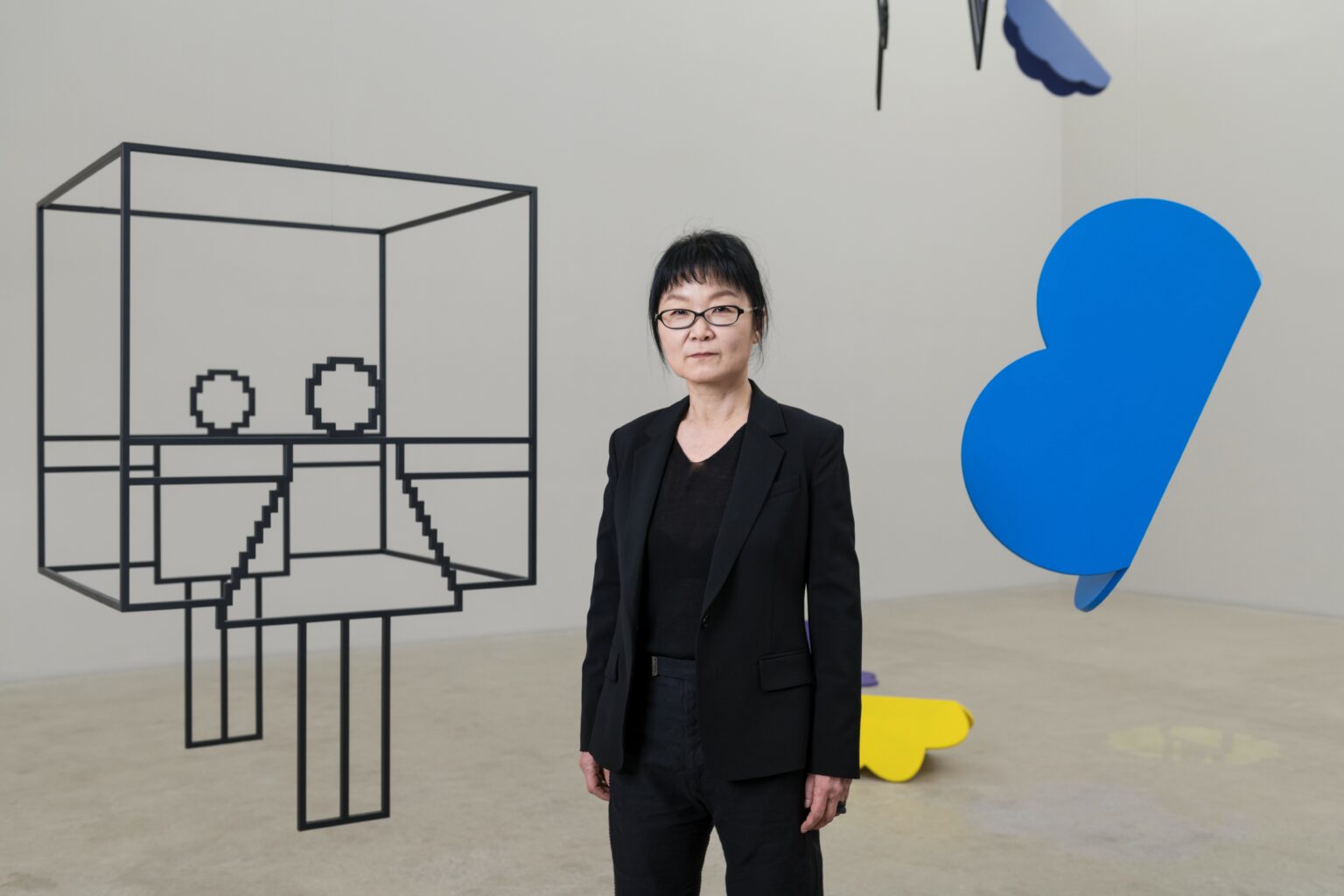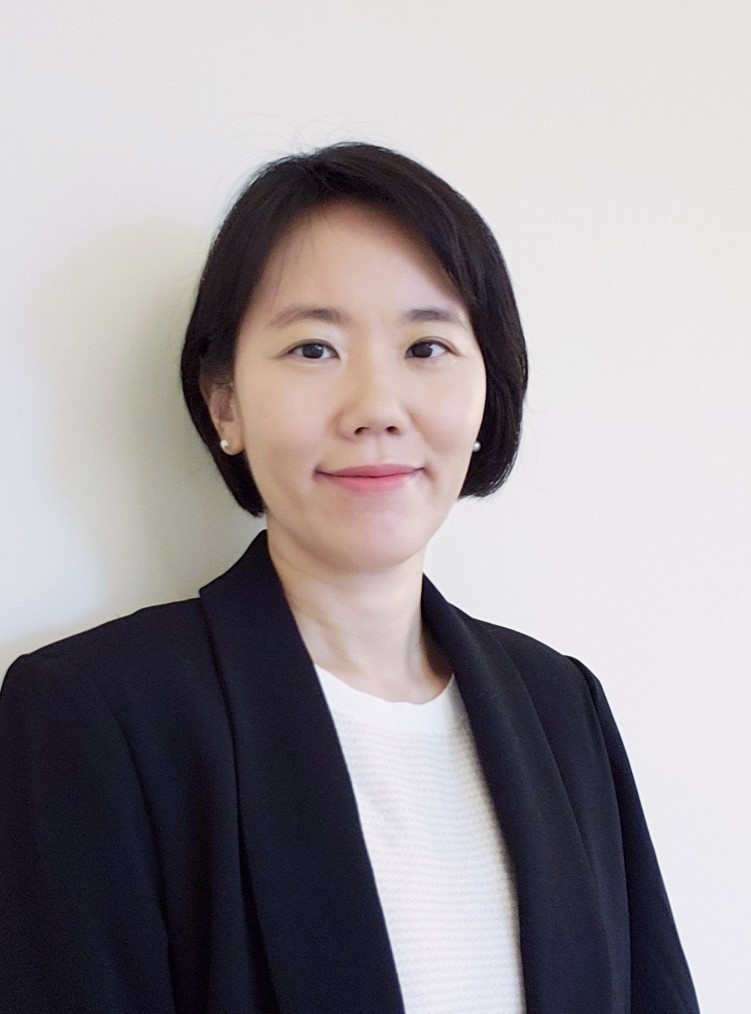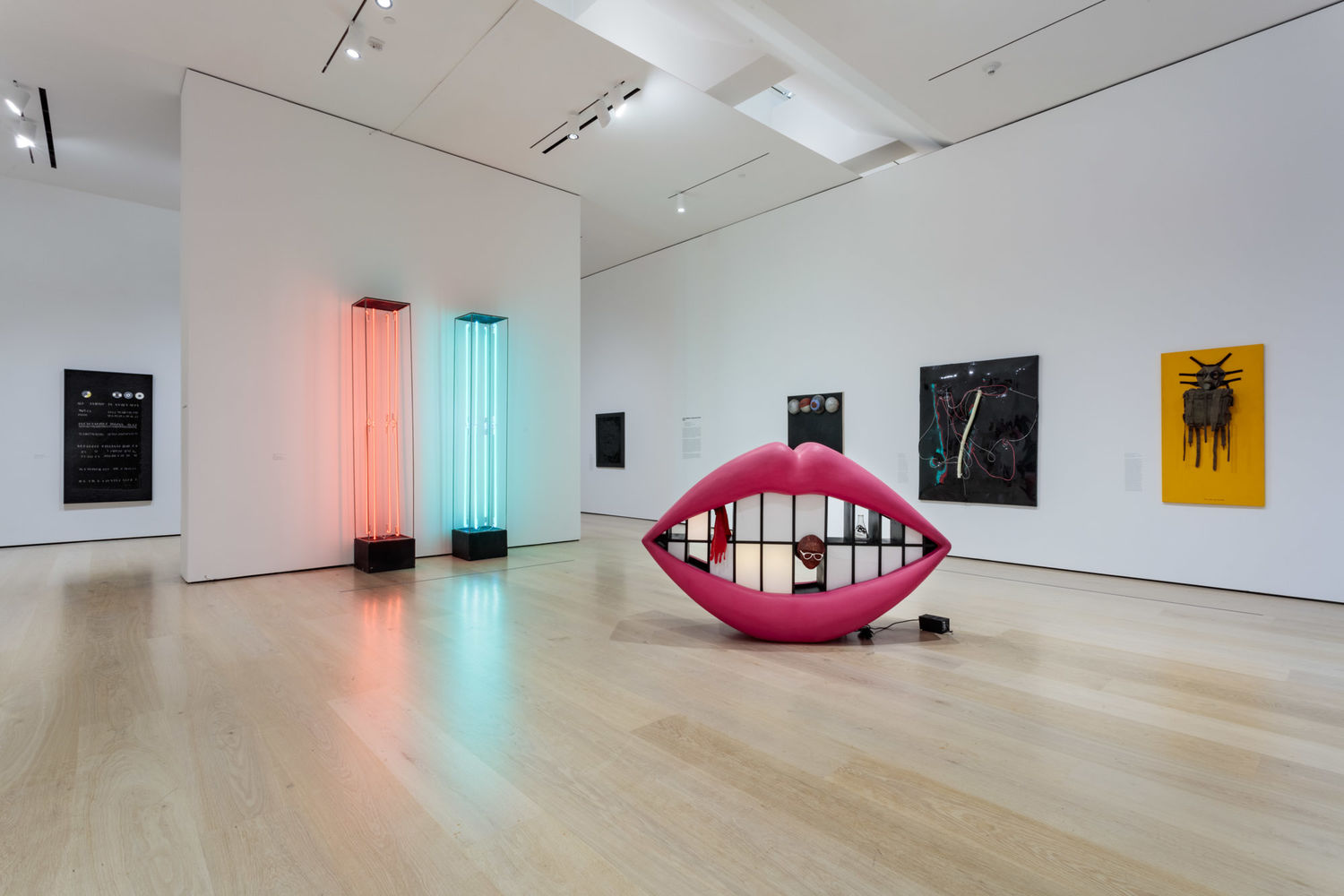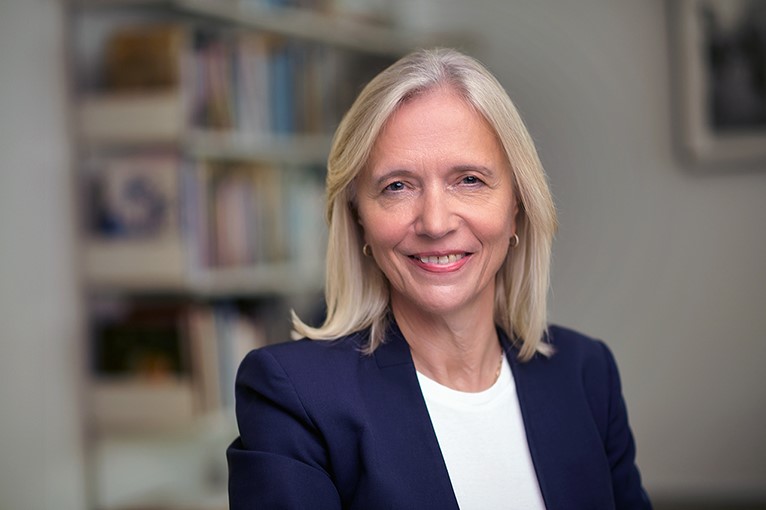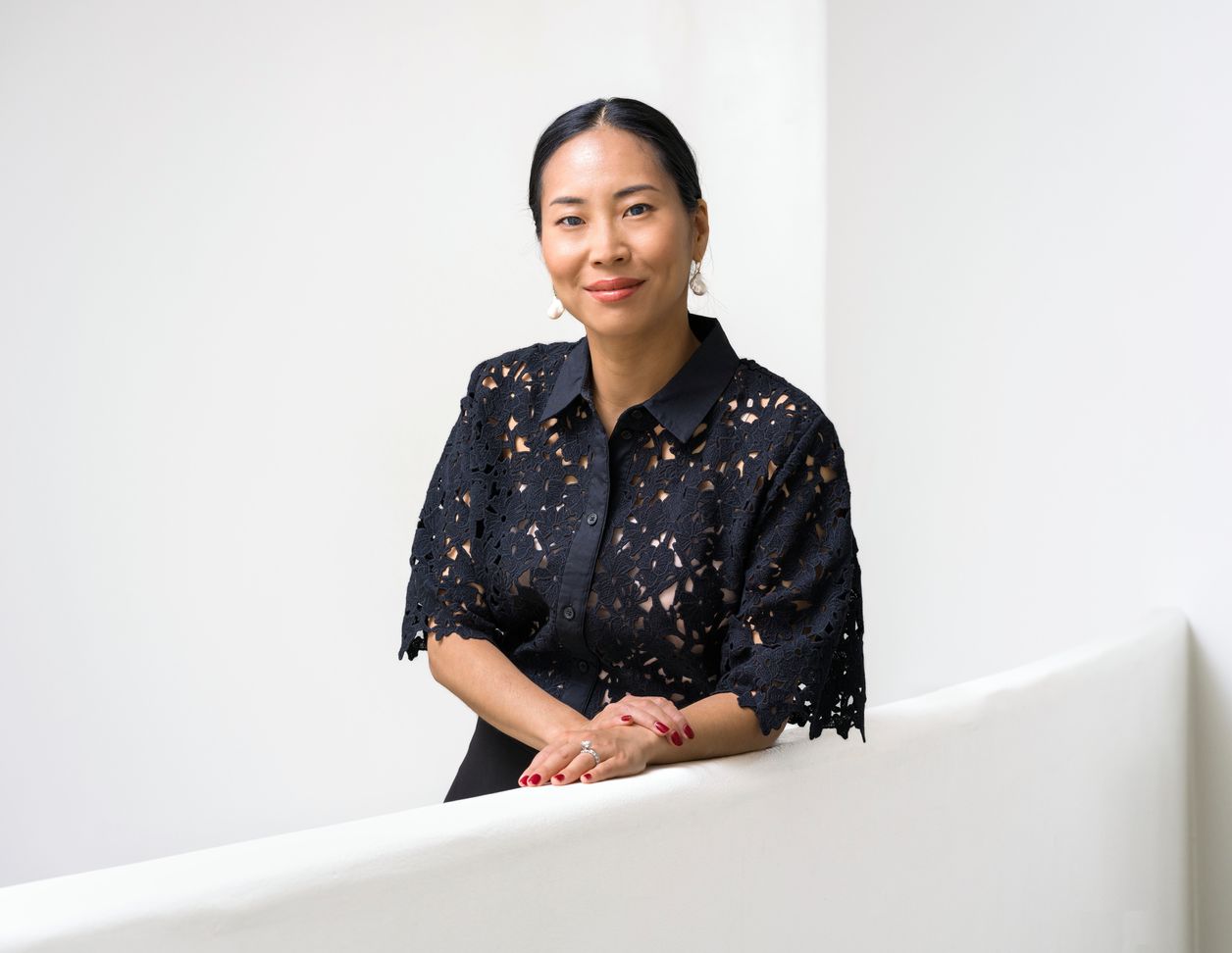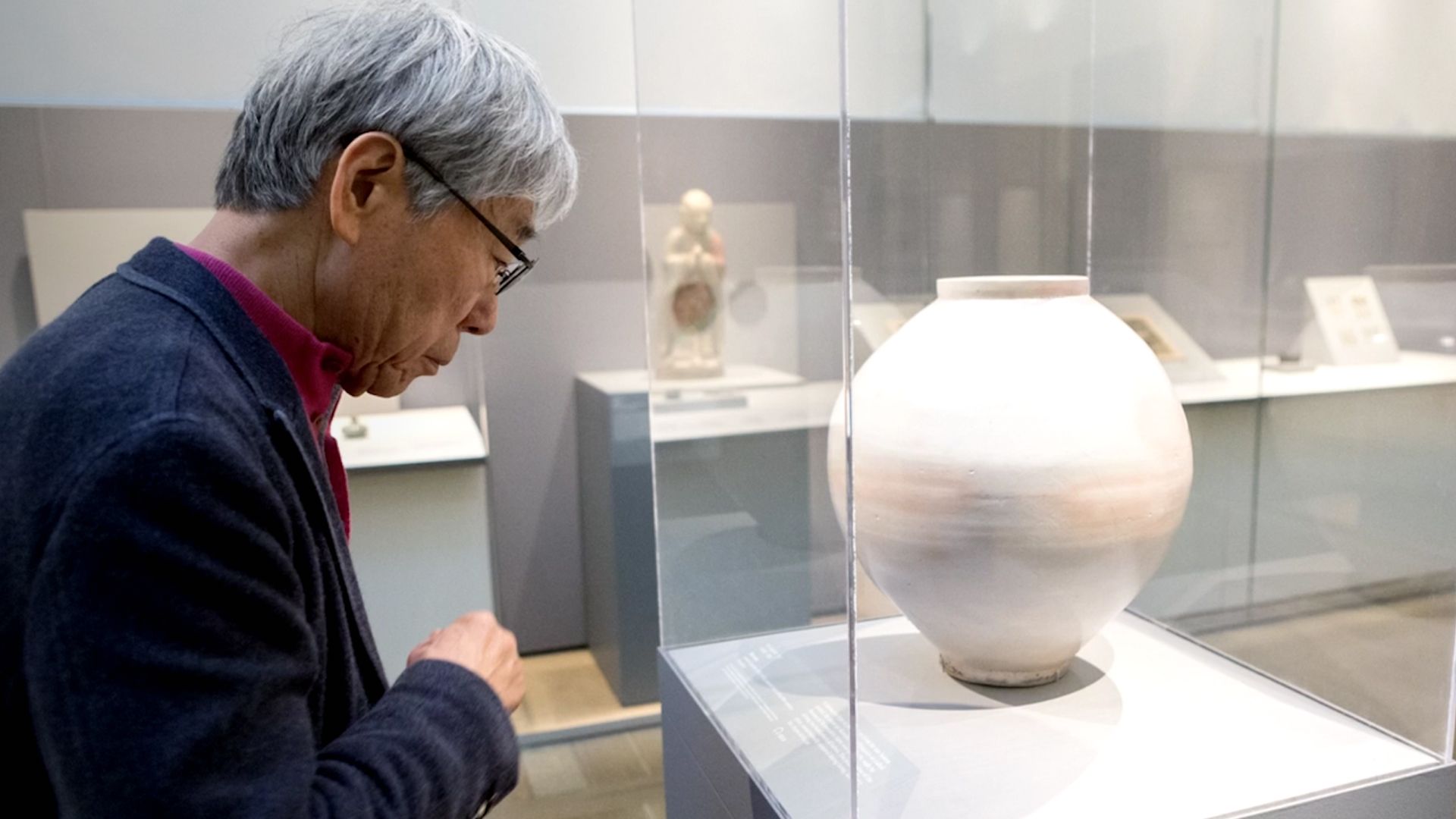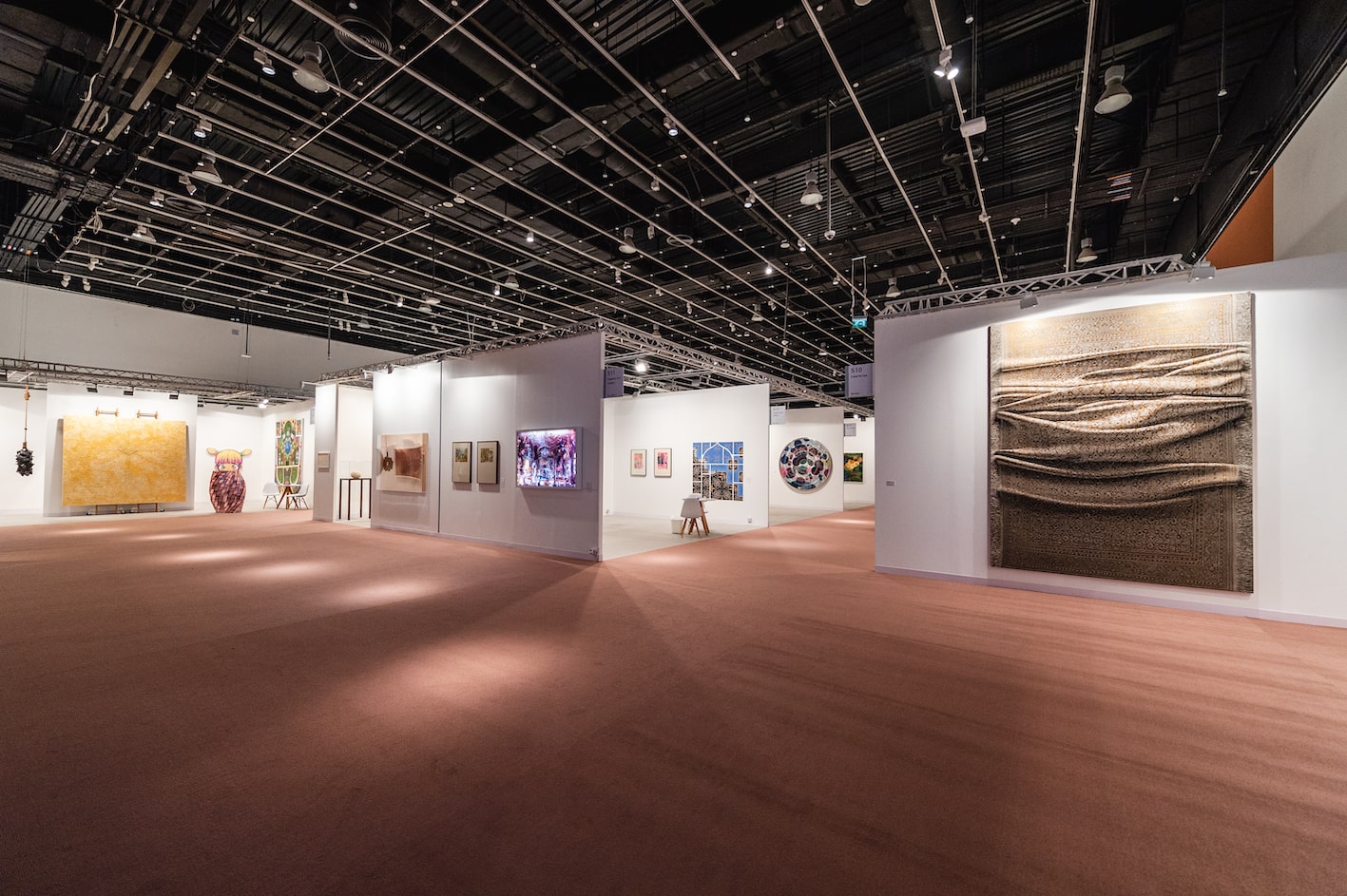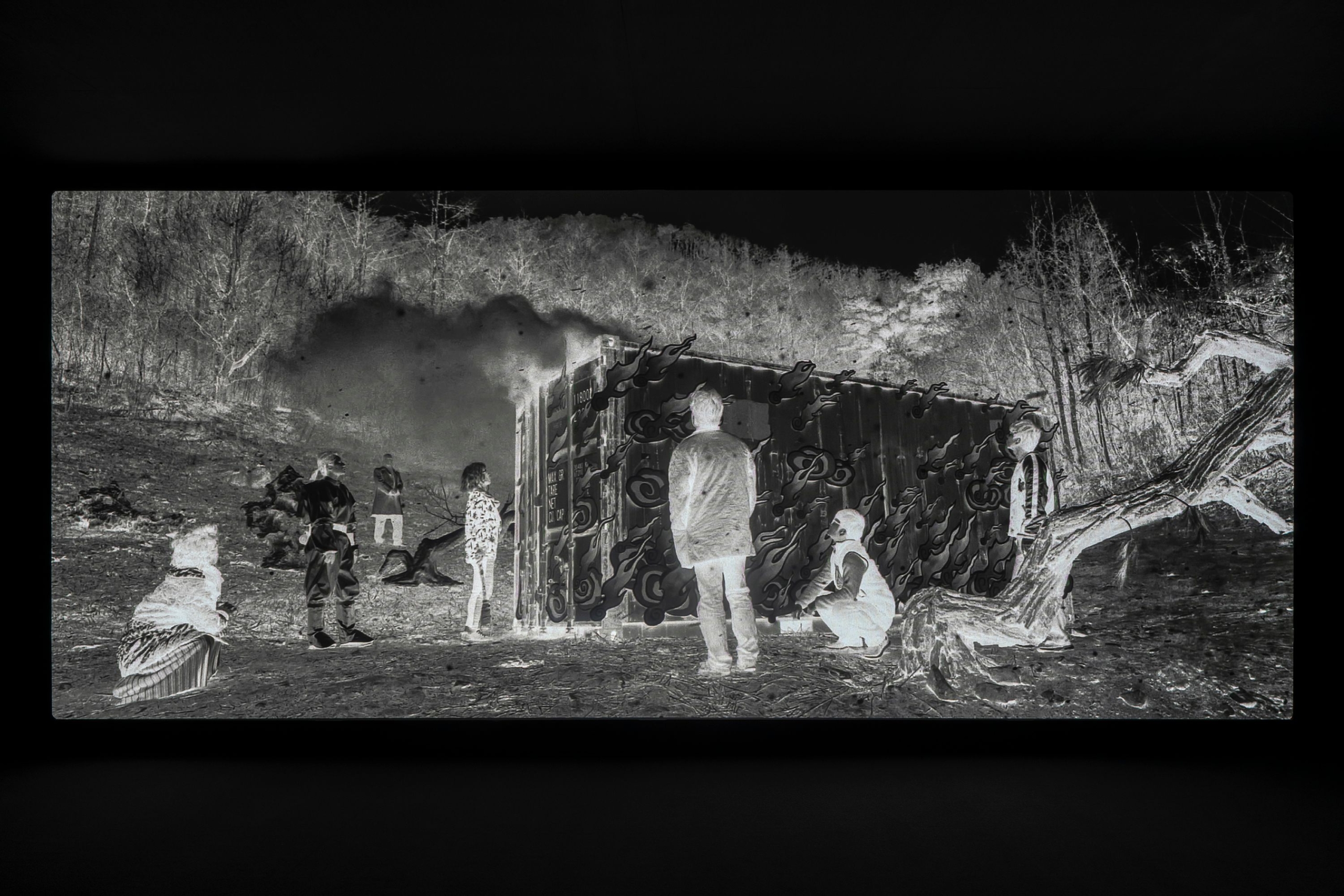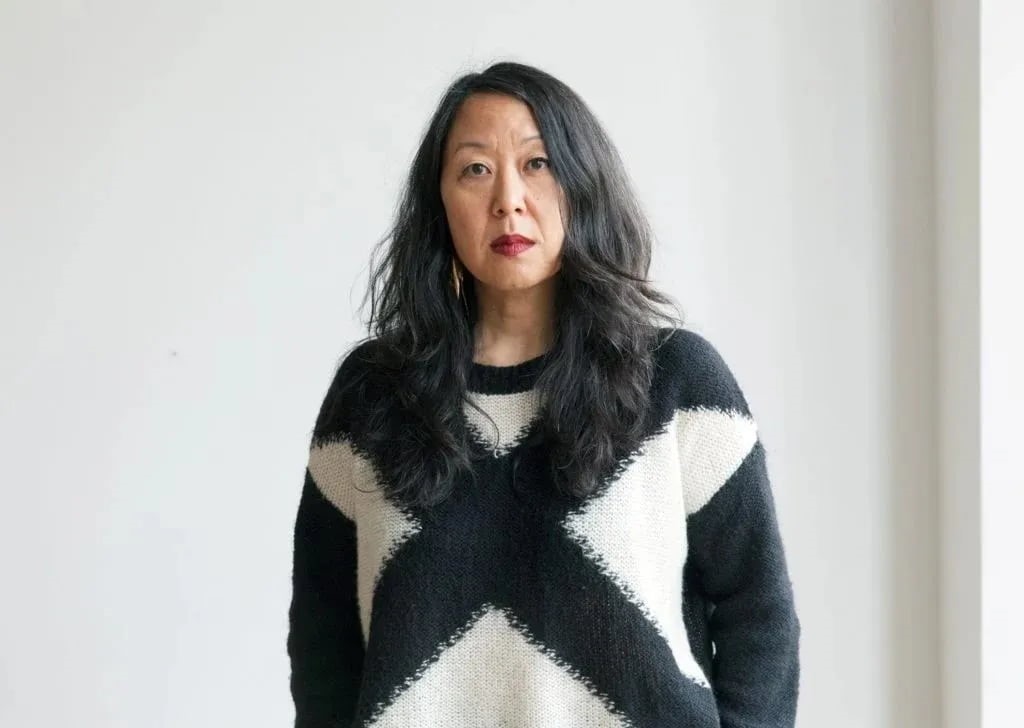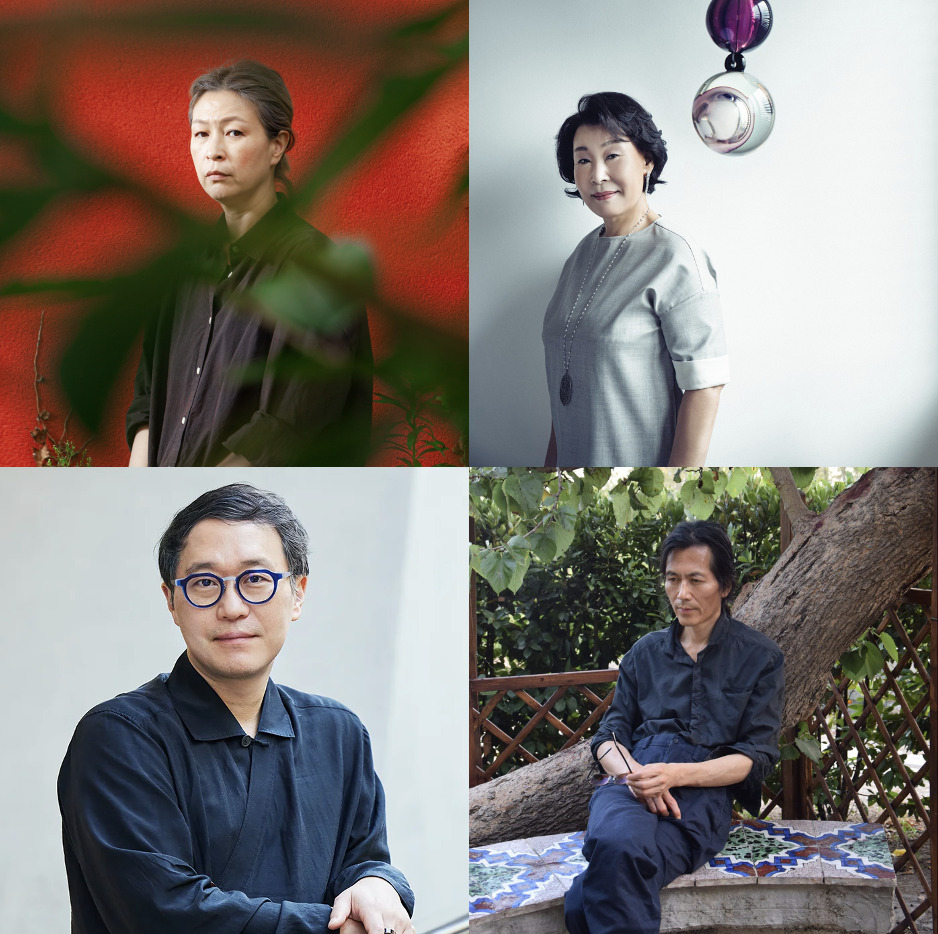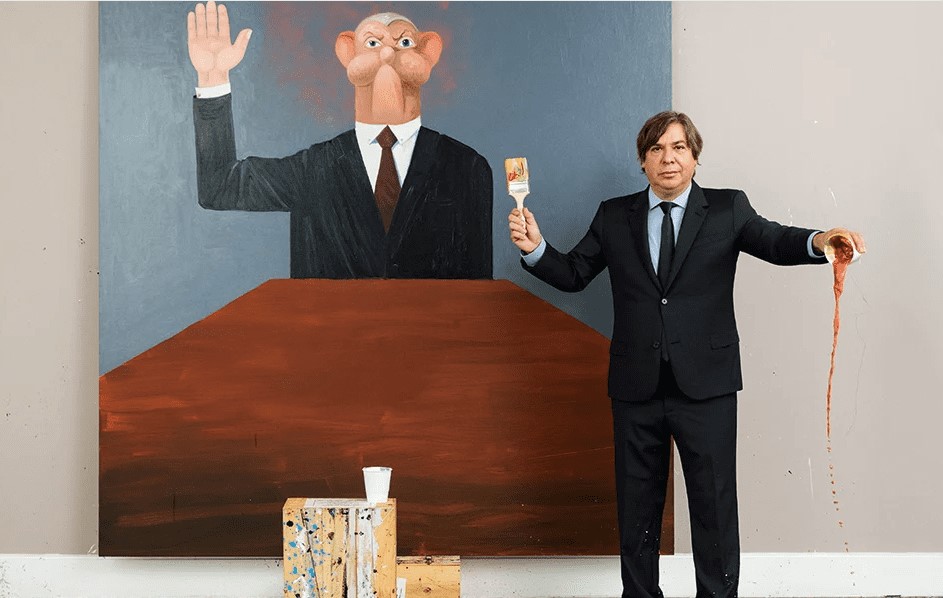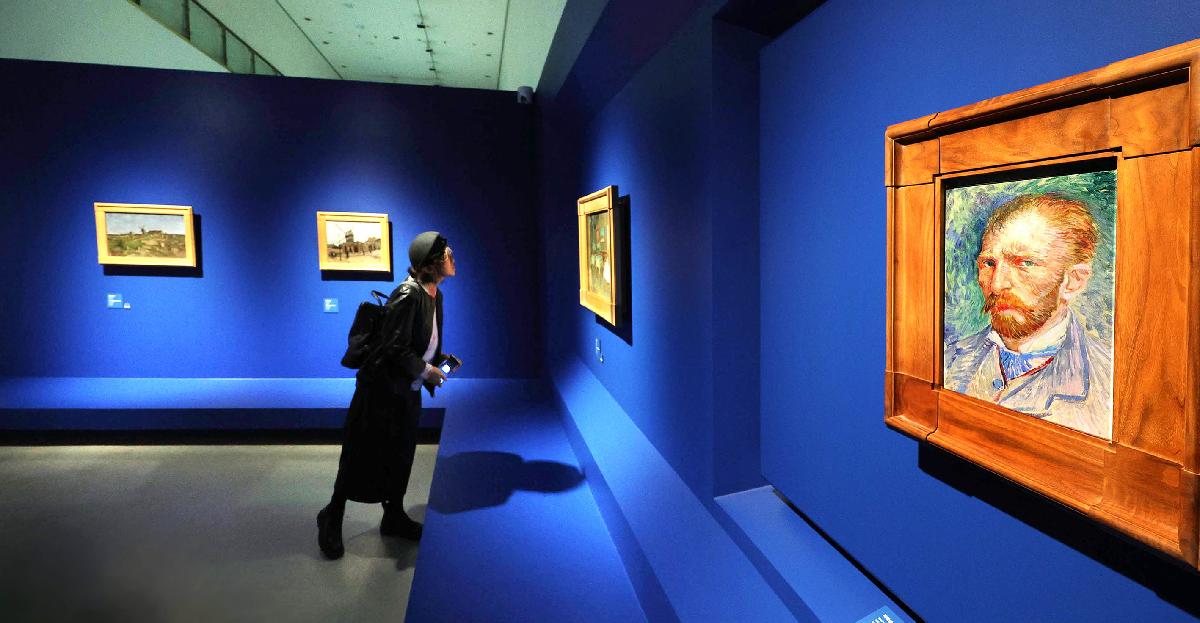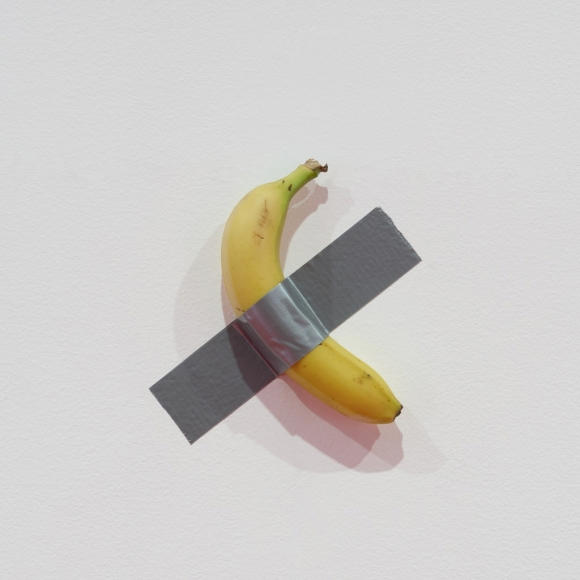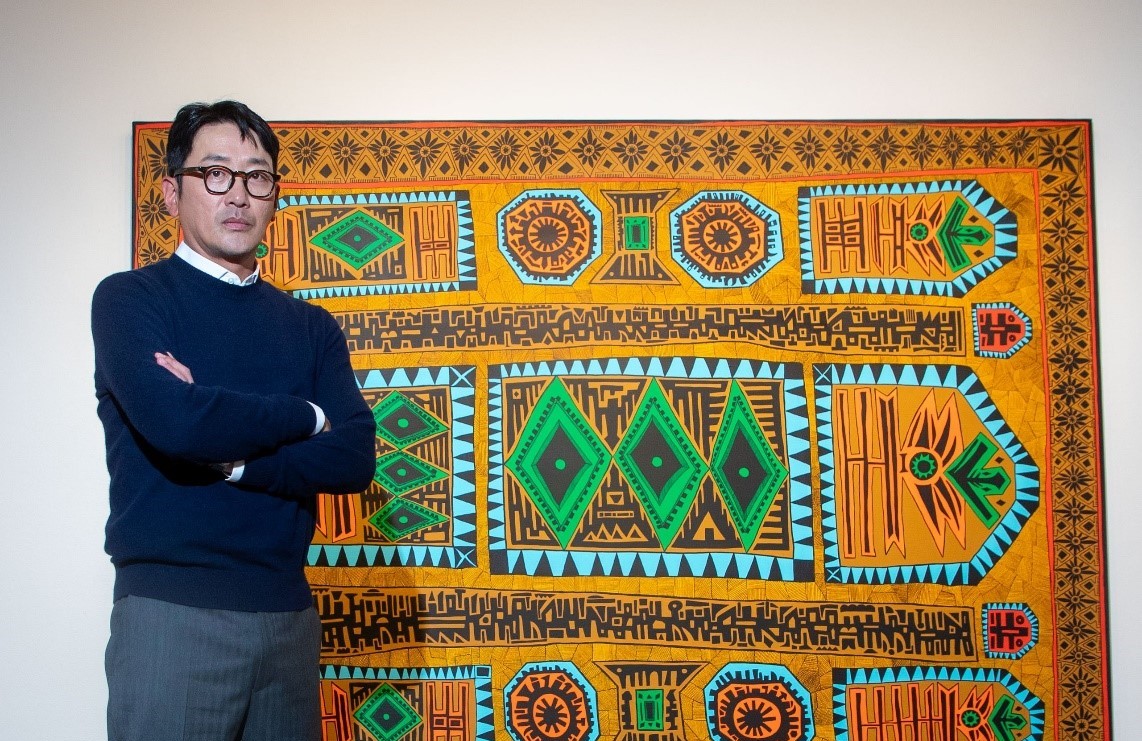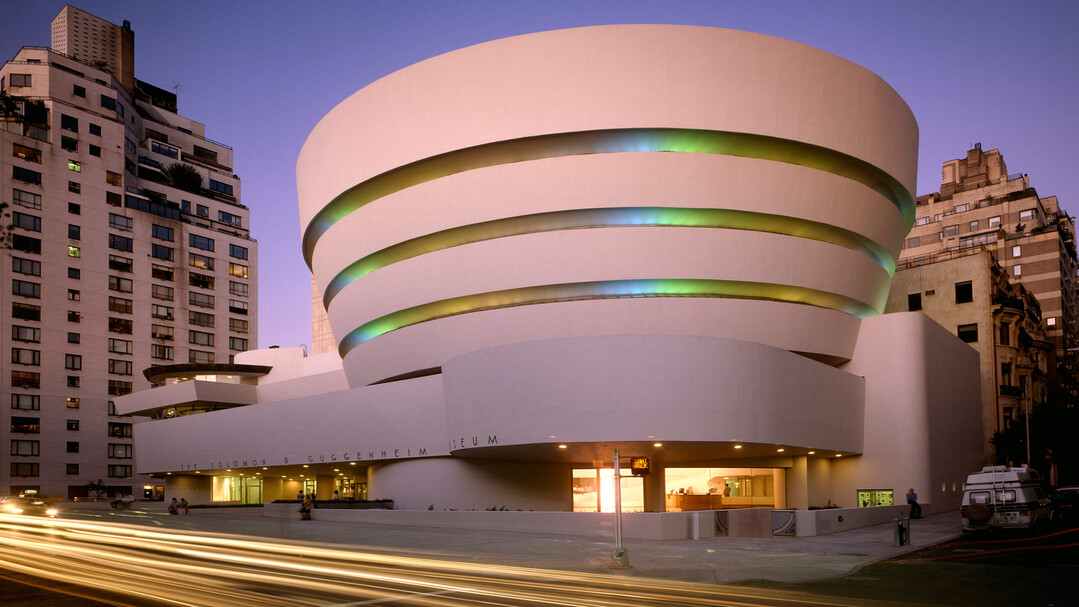 Exterior view of the Solomon R.
Guggenheim Foundation ©Solomon R. Guggenheim Foundation
Exterior view of the Solomon R.
Guggenheim Foundation ©Solomon R. Guggenheim Foundation
On December 31, a study
revealed that approximately 1,120 pieces of Korean contemporary art are housed
in 20 major North American art museums. However, these collections are largely
limited to works by a small number of artists with experience working in the
United States.
According to the study titled
Current Status and Expansion Strategies for Korean Contemporary Art in
International Museums by the Korea Culture and Tourism Institute, 20
North American museums—including the Museum of Modern Art (MoMA), the Solomon
R. Guggenheim Museum, and the Metropolitan Museum of Art—collectively hold
1,118 works by 235 Korean artists.
The study found that North
American museums began actively collecting Korean works in the 2000s. Of the
total, 366 works were acquired in the 2000s, followed by 401 in the 2010s. The
most commonly collected medium was photography, accounting for 33% of the
total, followed by painting (23%), printmaking (15%), and sculpture and media
art (each 8%).
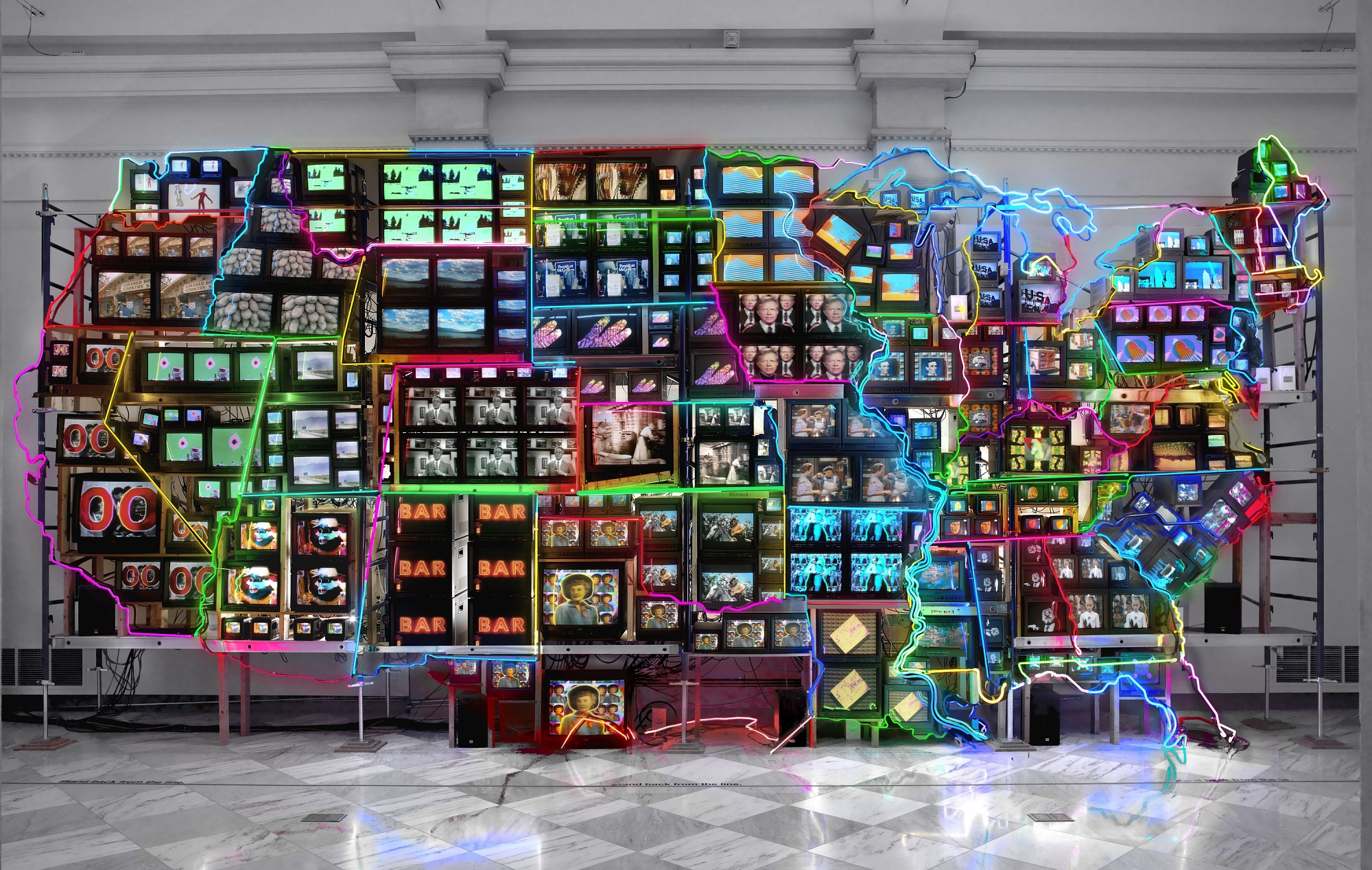 Nam June Paik, Electronic
Superhighway, 1995, Collection of Smithsonian American Art Museum
©Nam June Paik Estate
Nam June Paik, Electronic
Superhighway, 1995, Collection of Smithsonian American Art Museum
©Nam June Paik Estate
Nam June Paik was the most
represented artist, with his works comprising 14.6% (164 pieces) of the total
collection. He was followed by Haegue Yang with 4% (45 pieces) and Kim Ki Chan
with 3.6% (41 pieces). Among the museums surveyed, the Museum of Fine Arts,
Houston, had the largest collection of Korean works, with 153 pieces, including
27 works by Haegue Yang and 11 by Gimhongsok.
MoMA, which holds a total
collection of 200,000 pieces, was found to house 107 Korean works, including 39
by Nam June Paik, 13 by Kim Beom, 6 each by Haegue Yang and SEO, and 4 by Lee
Ufan. Additionally, the Smithsonian’s Hirshhorn Museum and Sculpture Garden
holds 34 Korean artworks, of which 14 are photographic works by Nikki S. Lee.
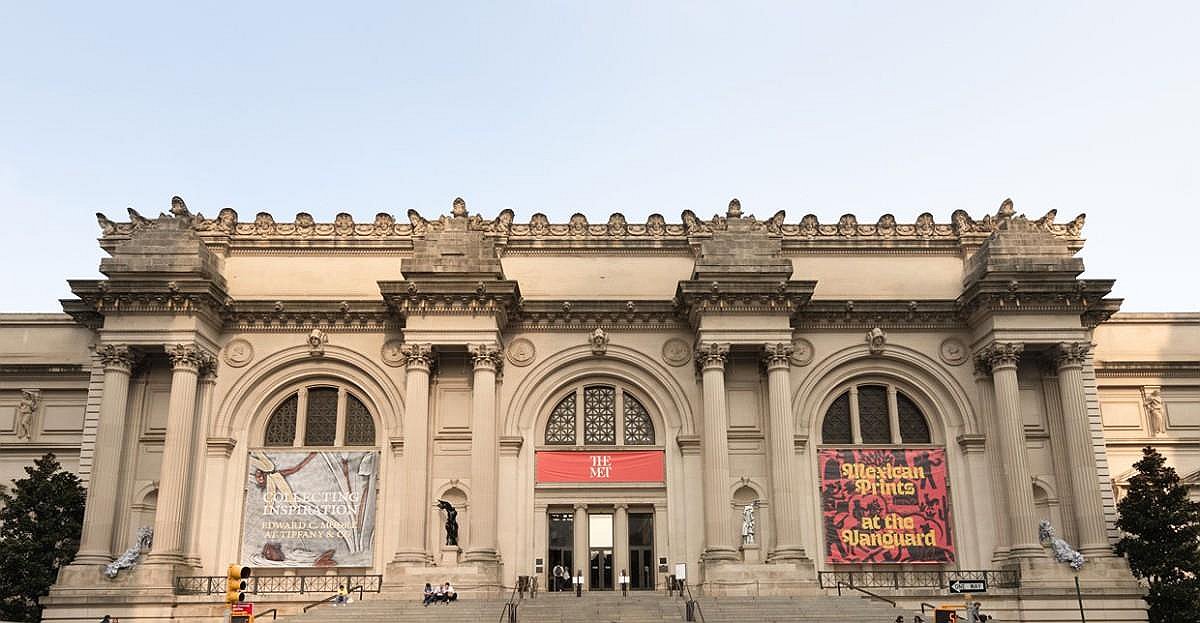 Lee Bul’s Long Tail
Halo (2024) Installed at the façade of the Metropolitan Museum of Art
©Metropolitan Museum of
Art
Lee Bul’s Long Tail
Halo (2024) Installed at the façade of the Metropolitan Museum of Art
©Metropolitan Museum of
Art
The report highlighted that,
like Korean museums, many North American museums are increasingly inclined to
collect affordable works by emerging artists due to budget constraints.
However, the report also noted a significant lack of well-organized information
on Korean artists.
Errors and omissions in artist
data were common, and inconsistent English name transliterations often made it
difficult to accurately identify artists. The report further stated, “Despite
being less well-known than Western art, the relatively high prices of Korean
artworks make them difficult to justify for acquisition.”
To expand the presence of
Korean artworks in overseas museums, the report suggested several strategies.
These included creating a Korean art database (DB) to support research on
Korean works already in international collections, funding research staff, standardizing
information on Korean artists and their works, establishing an art promotion
agency (tentative name) to facilitate donations, forming a Korean art joint
acquisition fund (tentative name), and supporting a network of Korean curators
in North America.
References
Ji Yeon Lee has been working as an editor for the media art and culture channel AliceOn since 2021 and worked as an exhibition coordinator at samuso (now Space for Contemporary Art) from 2021 to 2023.



